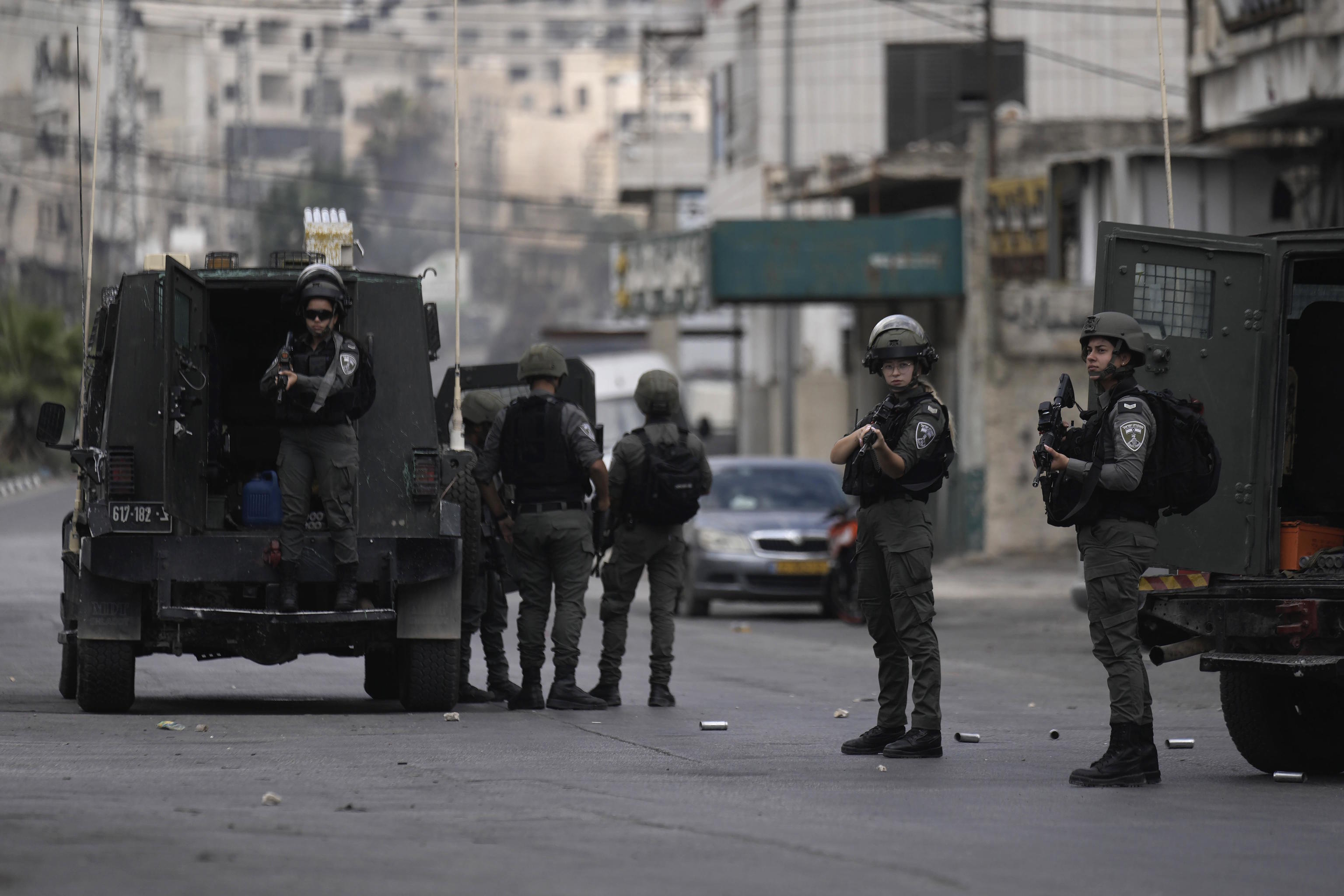Parallel to the start of the ground invasion in southern Lebanon, the Israeli Army is also bombing Syria, with several airstrikes in Damascus, which have resulted in three civilians killed, including Syrian TV journalist Safaa Ahmed, and nine injured, as well as significant material damage in the Syrian capital.
Israel announced the start of its ground operation in Lebanon, which has been accompanied by more bombings in the capital, Beirut, and the Palestinian refugee camp of Ein el-Hilweh.
Hours after the start of the Israeli ground incursion, Hezbollah launched a barrage of projectiles towards central Israel, triggering sirens in Tel Aviv and surrounding areas as well as in an area in the West Bank. The Shiite group claimed to have launched rounds of a new class of medium-range missiles, called Fadi 4, targeting the headquarters of two Israeli intelligence agencies near Tel Aviv.
Israel urged Lebanese citizens on Tuesday not to travel to the south of the Litani River in southern Lebanon, where "intense fighting" with the Shiite group Hezbollah is taking place. The Israeli Army reports "intense fighting" in southern Lebanon but Hezbollah denies it.
The Spanish Government, which advises against traveling to Lebanon, has prepared an evacuation plan for the thousand Spanish residents in the country and calls for de-escalation of the conflict.
The ground operation comes after devastating airstrikes against the command structure, including its leader Hasan Nasrala, and Hezbollah's weapon emplacements.
The U.S. Secretary of Defense, Lloyd Austin, said he spoke with his Israeli counterpart, Yoav Gallant, to offer support for military actions in Lebanon and warned Iran of "serious consequences" if it attacks Israel.
The operation in Lebanon represents an escalation of the conflict in the Middle East between Israel and the Iran-backed militia, which now threatens to involve the U.S. and Iran.
